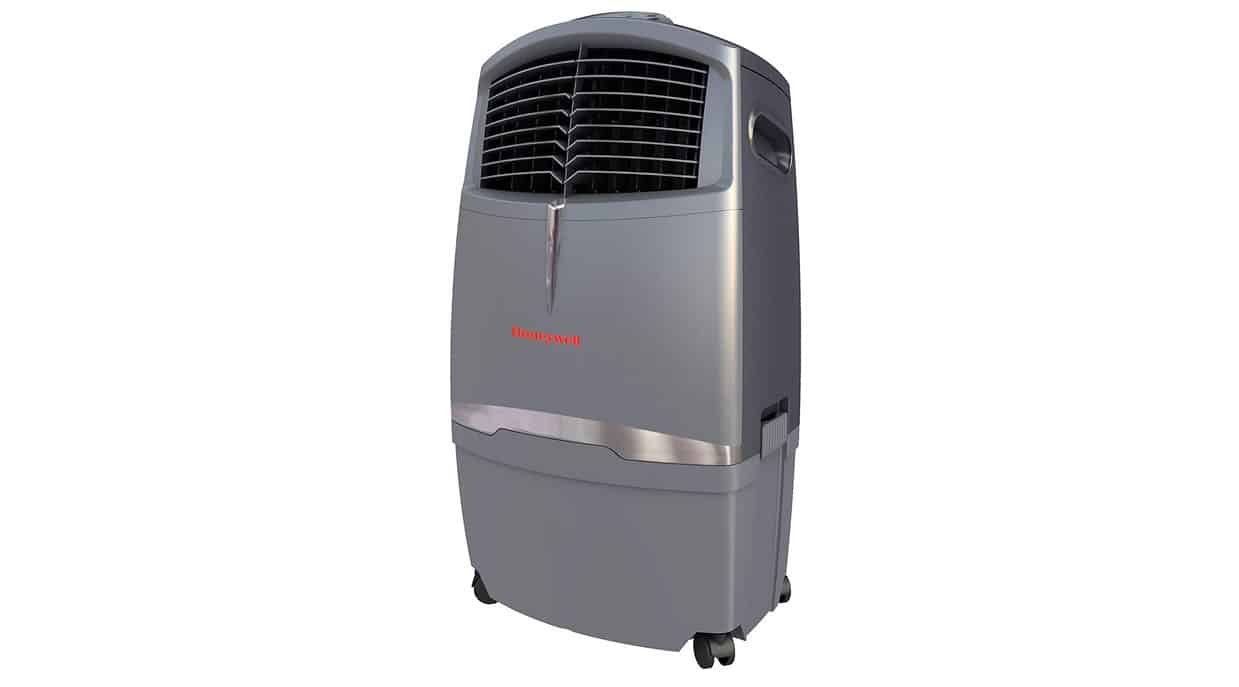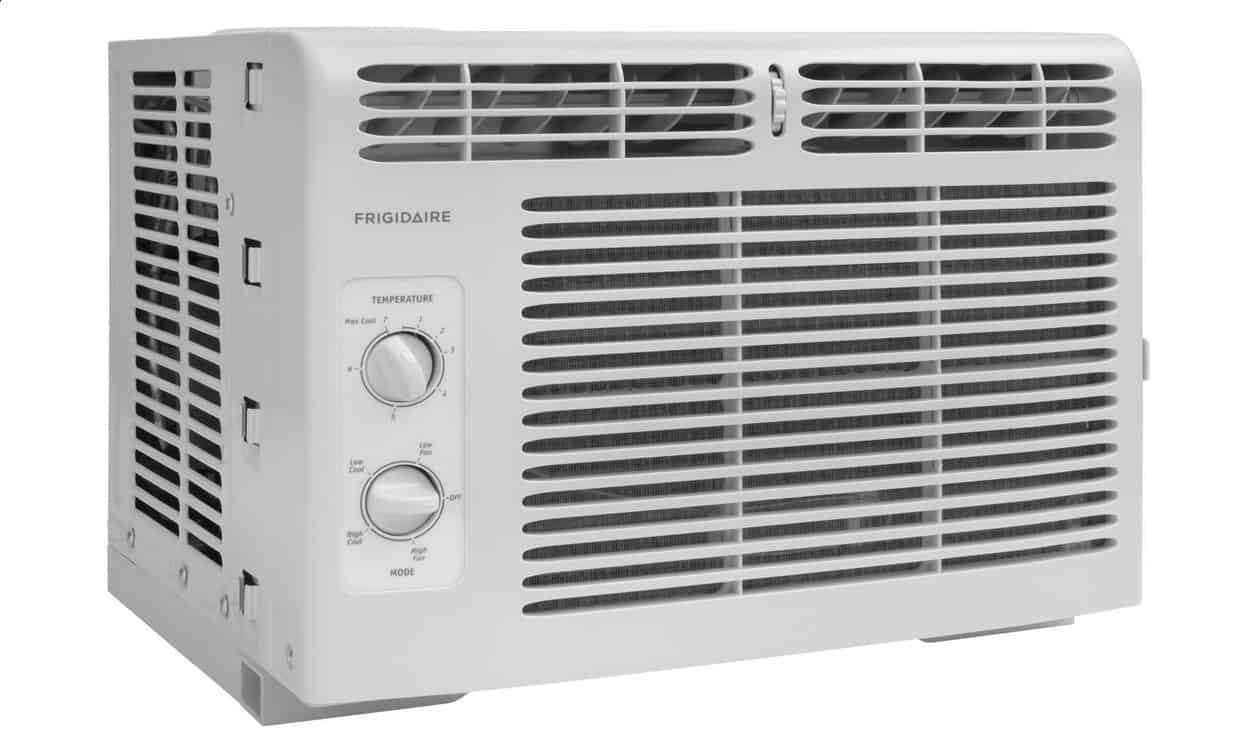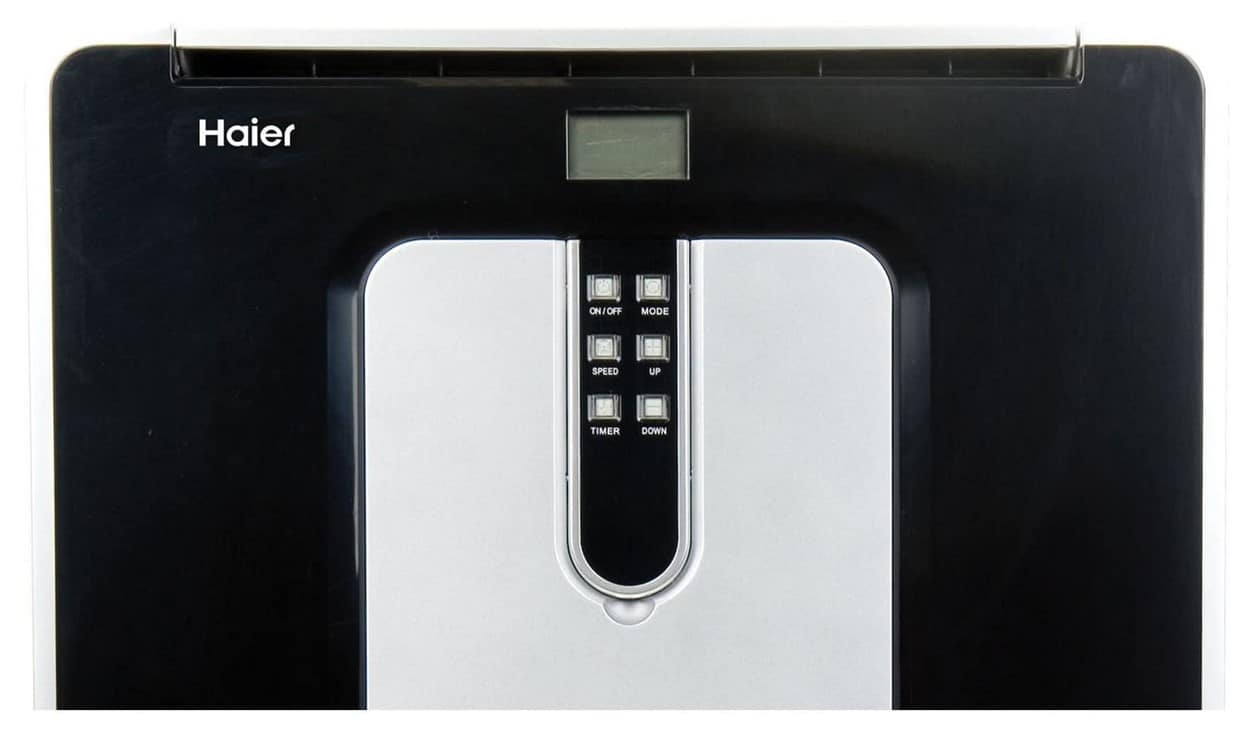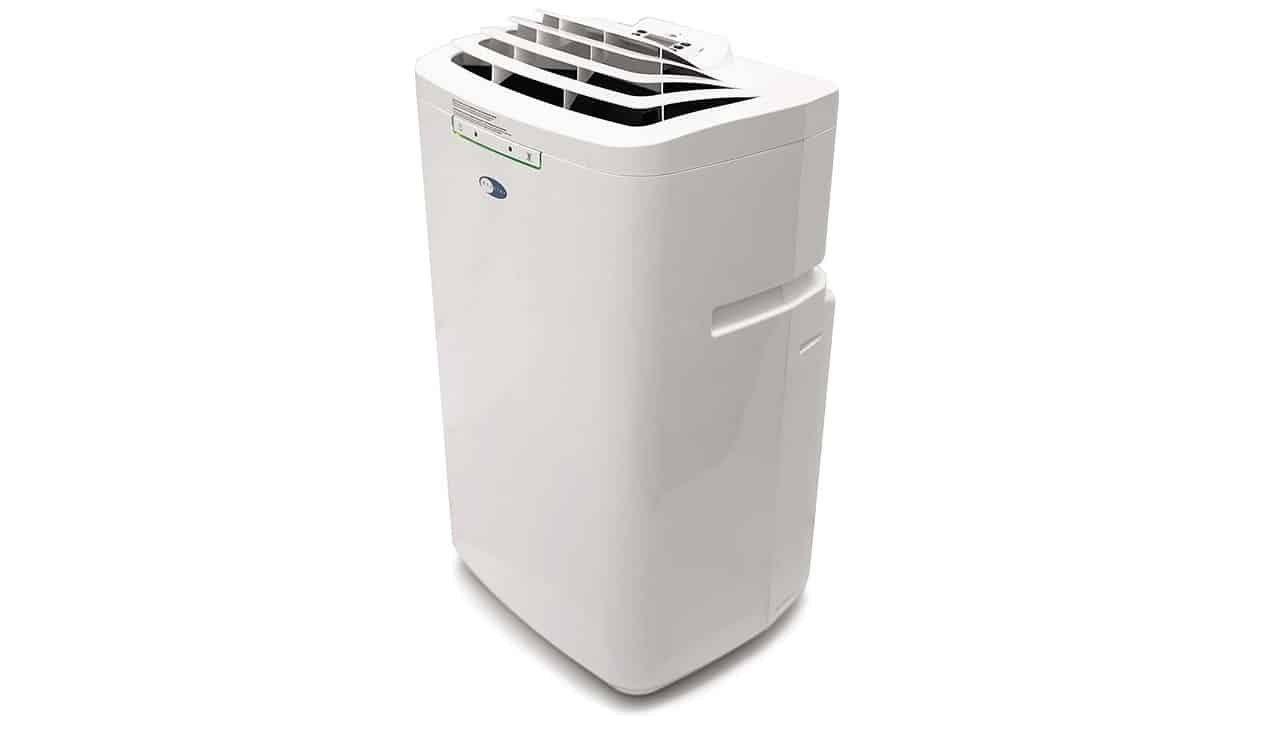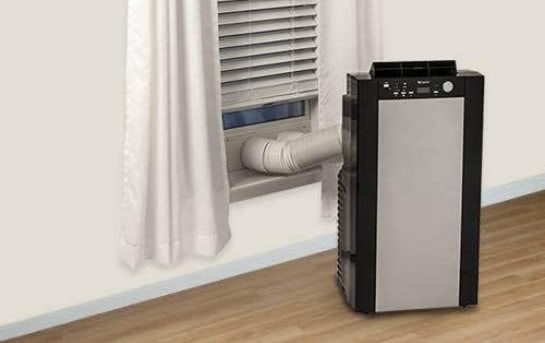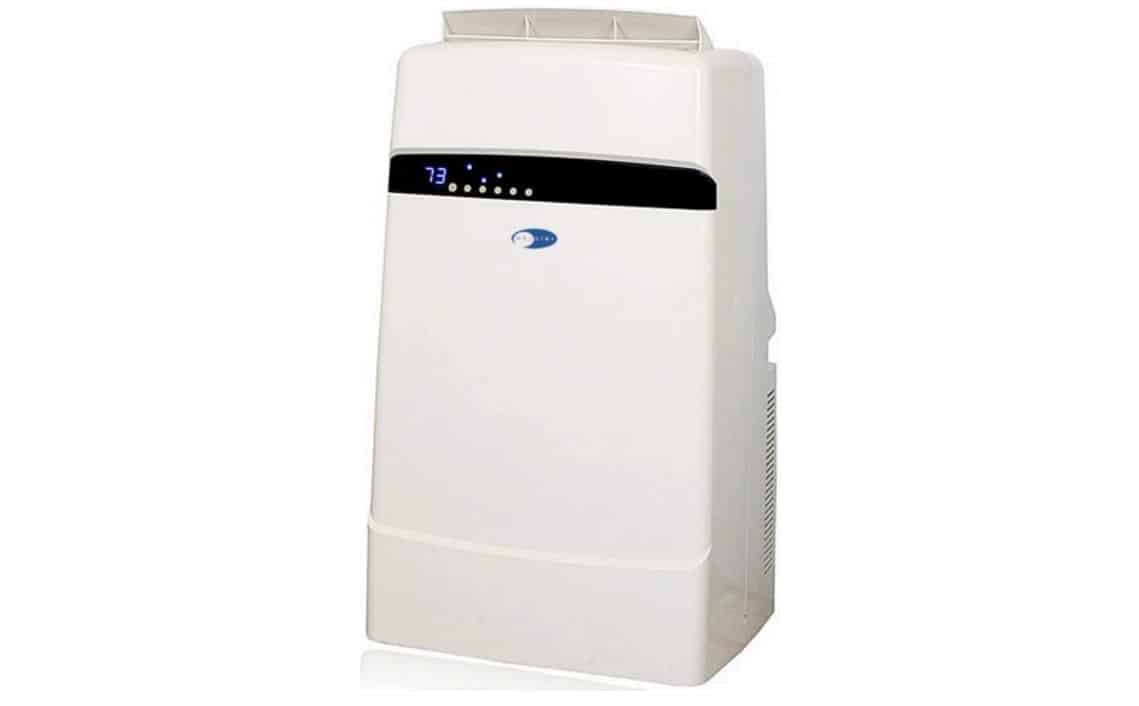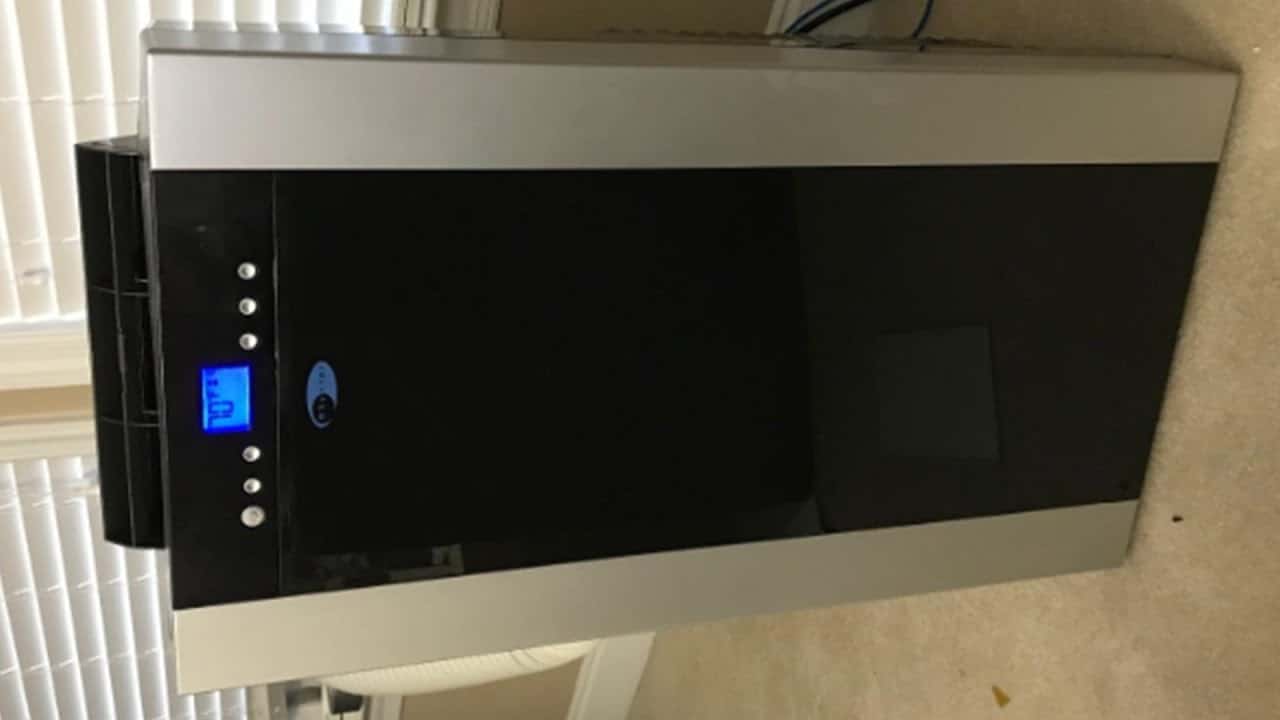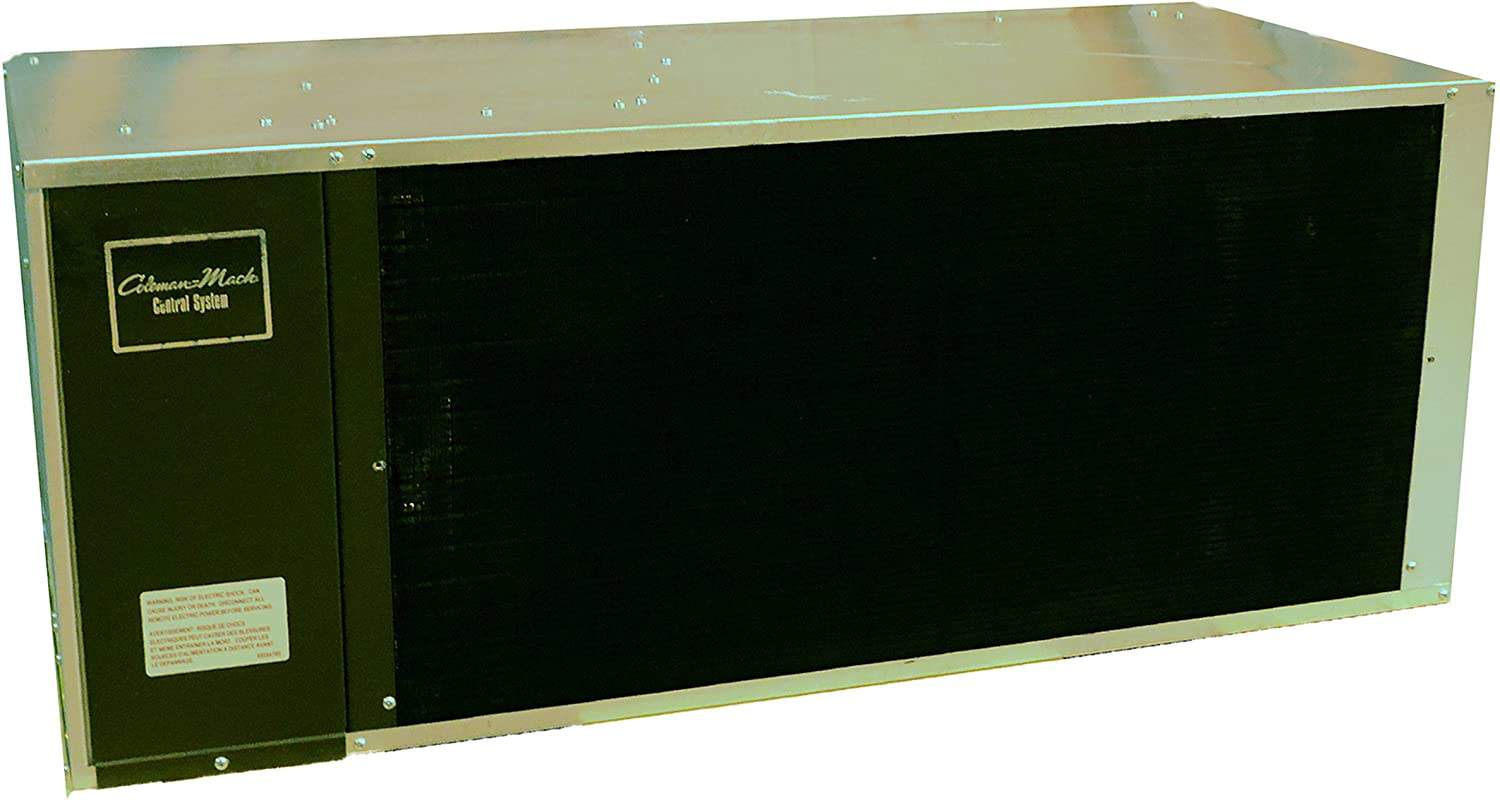If you are thinking of upping your cooling game, you may look to compare room air conditioners vs central air conditioners. Many of the best air conditioners, after all, come in one of these two design types. So what are the differences between these two and which is right for your home setup? Keep reading to find out.
KEY TAKEAWAYS:
- Room air conditioners are a budget-friendly solution to keeping the area cool during the summer months.
- Room AC units are cheaper than central units, but central units are more efficient during use.
- Central air conditioning units tend to increase the resale value of a home, whereas a window air conditioner, otherwise called a window unit, will not.
Differences Between Room ACs and Central ACs
The primary difference is, of course, the fact that room AC units are designed to cool off a limited amount of space, typically one room, while central AC units are designed to cool off an entire home. This main difference shoots off into many more differences once you start looking into features and functionalities, which is also said when comparing a portable air conditioner vs a window AC.
Some other comparisons to consider include a packaged terminal A/C vs mini-split and a split system air conditioner vs a packaged system. Reading these comparisons will help you choose an air conditioner that works best for you.
Insider Tip
No matter what type of AC you choose, comparison shop for the best price.
Cost
Now here is a big one. Room AC units come in many shapes and designs, such as windows and portable air conditioners. No matter which room air conditioner you purchase, however, it is sure to be much cheaper than even the most budget-friendly central AC unit. Why is this? Central air conditioners are comprised of many components, some of them quite complex. Additionally, a central unit requires more maintenance than room units, though both need to have their filters changed regularly, which is also true when comparing a multi-split air conditioner vs a single split unit.
Integration
Not every homeowner can simply go to the store, purchase, and install a central air conditioner. These units require plenty of space, including outdoor space for the compressor and the like, and lengthy ductwork running throughout the home. So, to get your central AC working, it will require electricians, HVAC pros, and other technicians. Room air conditioners, on the other hand, are plug-and-play affairs so long as they have access to the outside air via a tube or included duct.
Home Value
Central air conditioners are highly sought after and, as such, will increase the resale value of your home, as they offer some significant benefits to homeowners. On the other hand, room units likely will not increase the resale value of your home, as they are budget-friendly, but you can take them with you when you move, which is a nice bonus.
F.A.Q.S
Will a window unit help my AC?
If you are looking to add a window unit to a pre-existing central unit, consider the initial cost and whether or not it has a programmable thermostat. You may also look into a ductless mini-split system.
Do window AC units use a lot of electricity?
Window units use less than half the energy of central air units, and the same is said for all portable units, such as air handlers. When considering the type of air conditioner you want, electricity usage is important.
How much does central AC cost?
A central air conditioning system, including an outdoor unit, often costs as much as thousands of dollars, which is much more expensive than a window air conditioner or window unit.
STAT: The main cooling agent for an air conditioner is called the refrigerant. You might have heard of Freon (R-22) and R-410A. These chemicals can be dangerous if they leak but are actually quite safe and useful otherwise. (source)
REFERENCES:
- https://americanhomewater.com/window-unit-vs-central-air-conditioner-cost-practicality/
- https://kcsheatingair.com/pros-and-cons-central-air-vs-window-units/
- https://www.energy.gov/energysaver/central-air-conditioningr
- https://www.petro.com/resource-center/ductless-ac-vs-central-air-conditioning
- https://mitsubishiacdealers.com/info/ductless-or-central-air















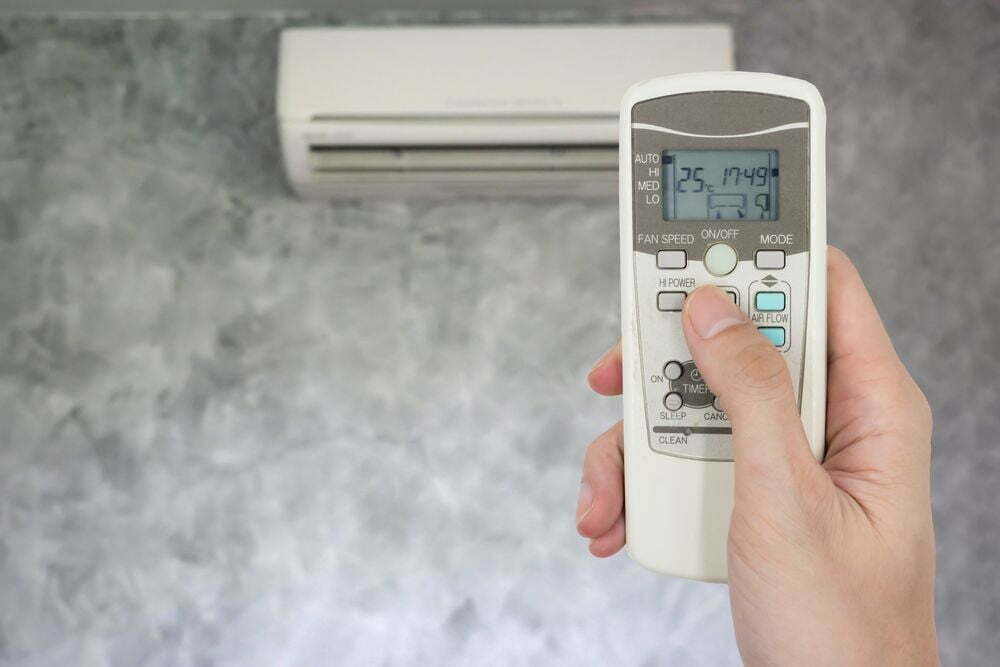

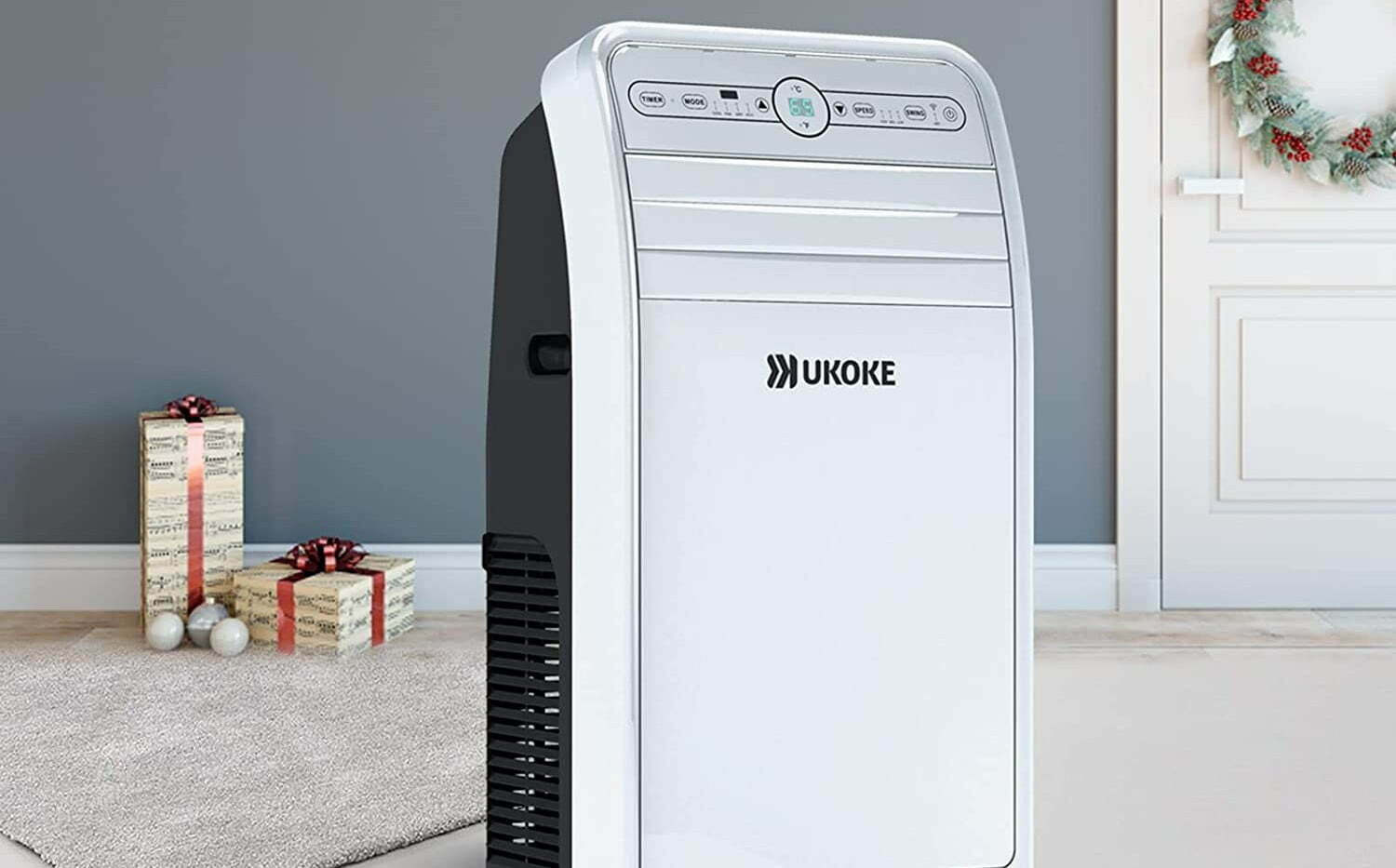


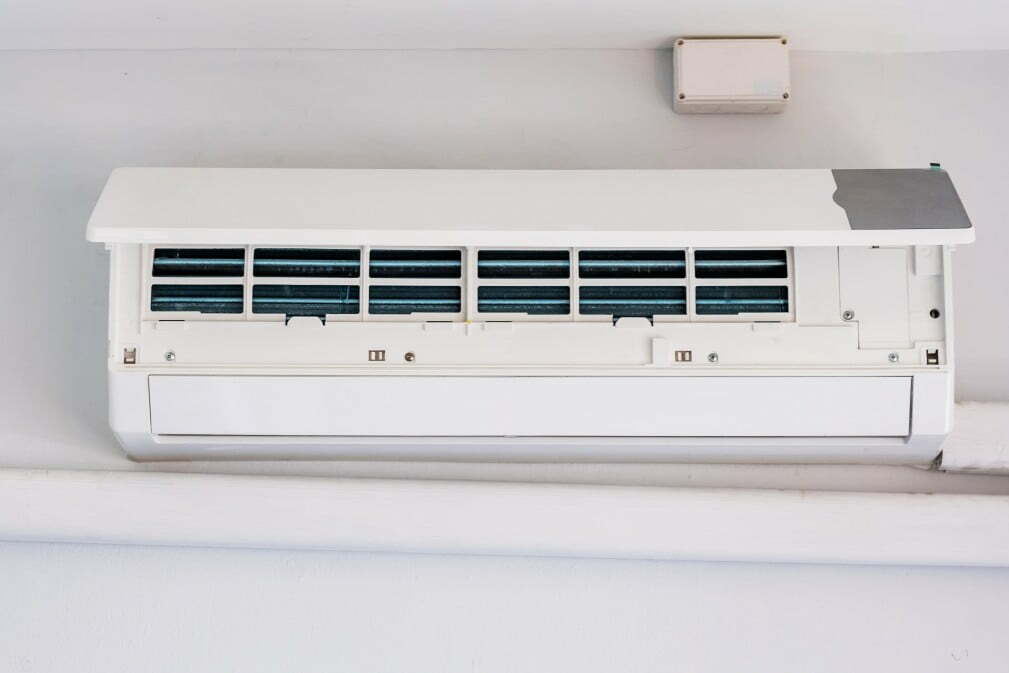
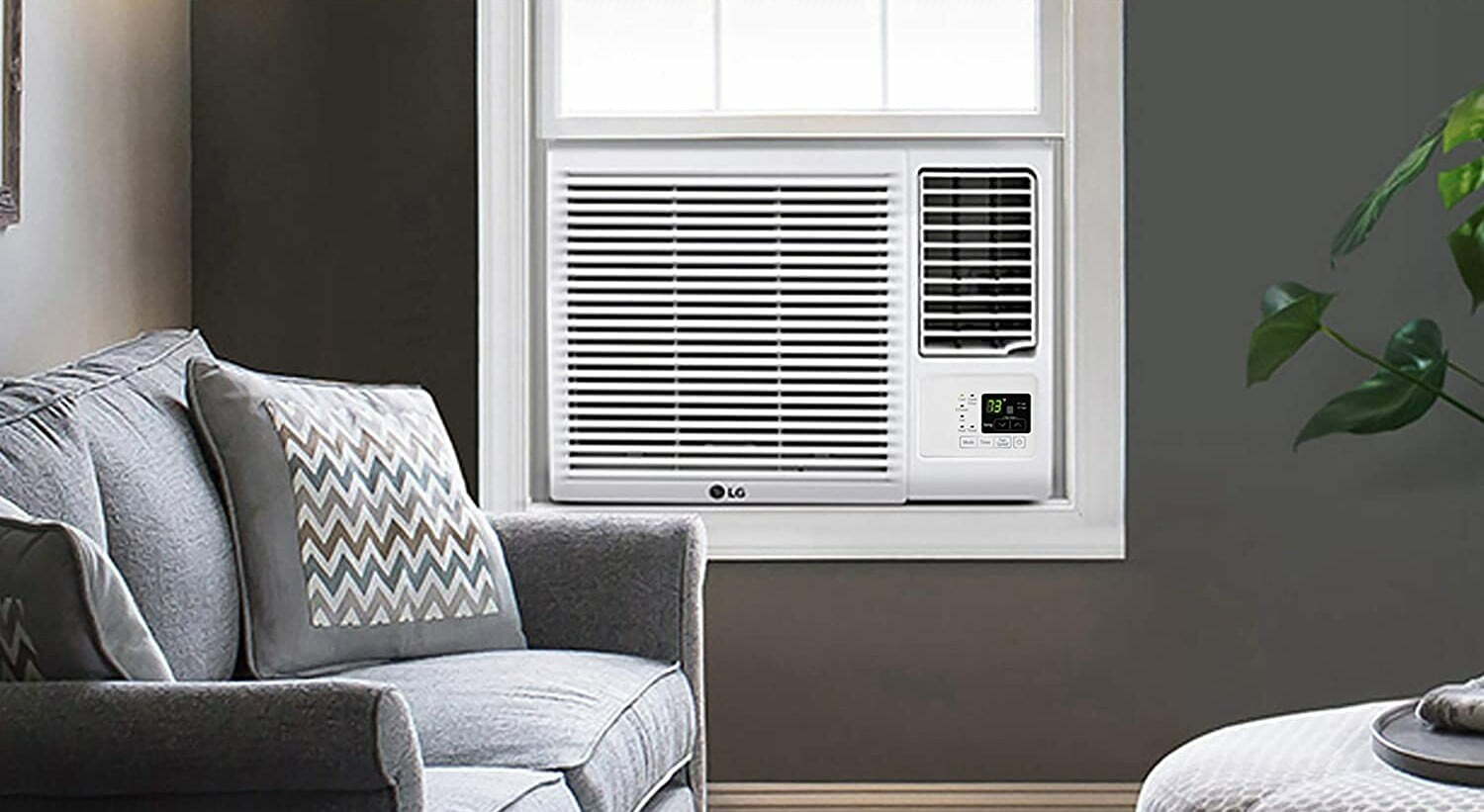
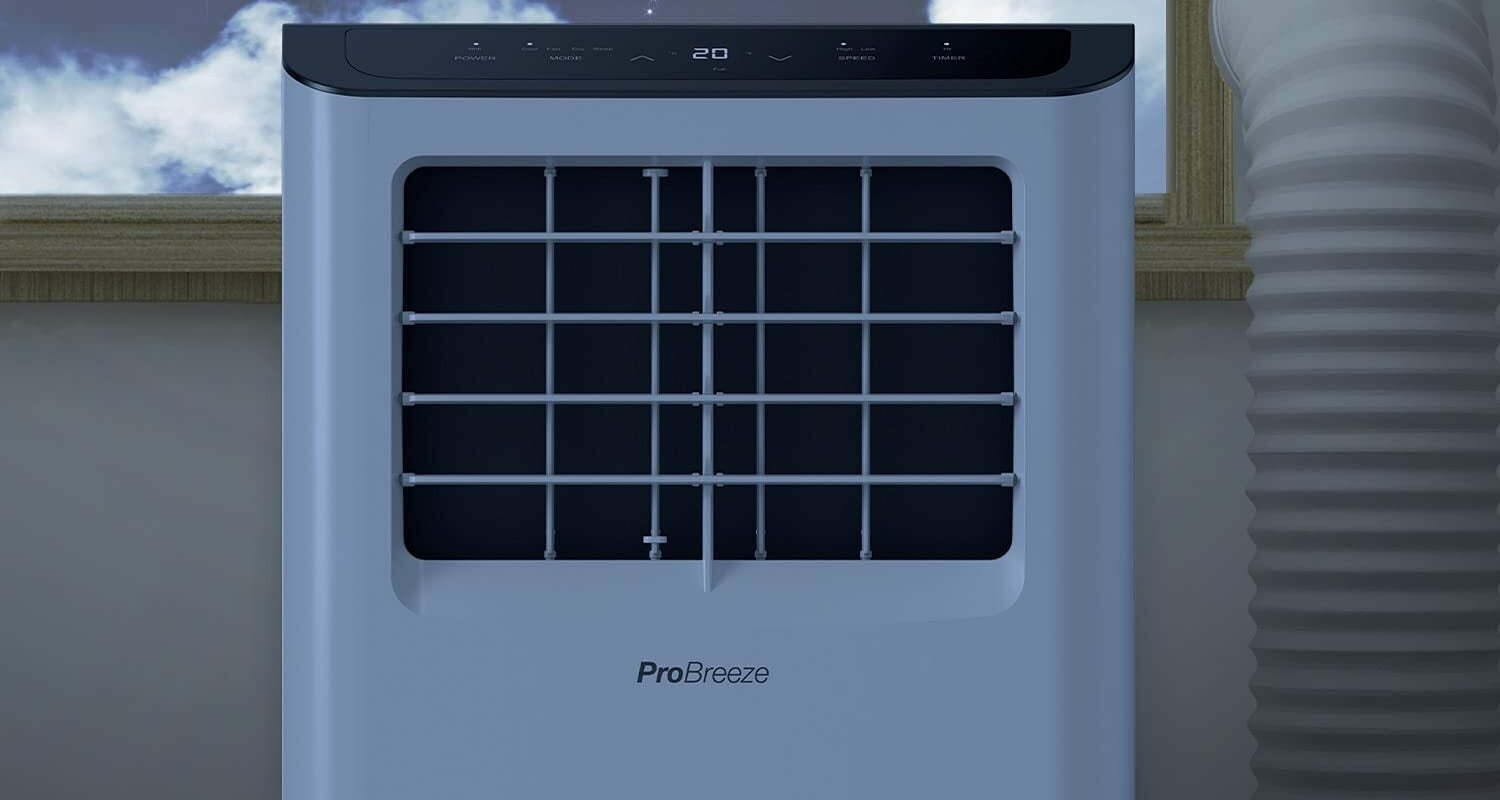


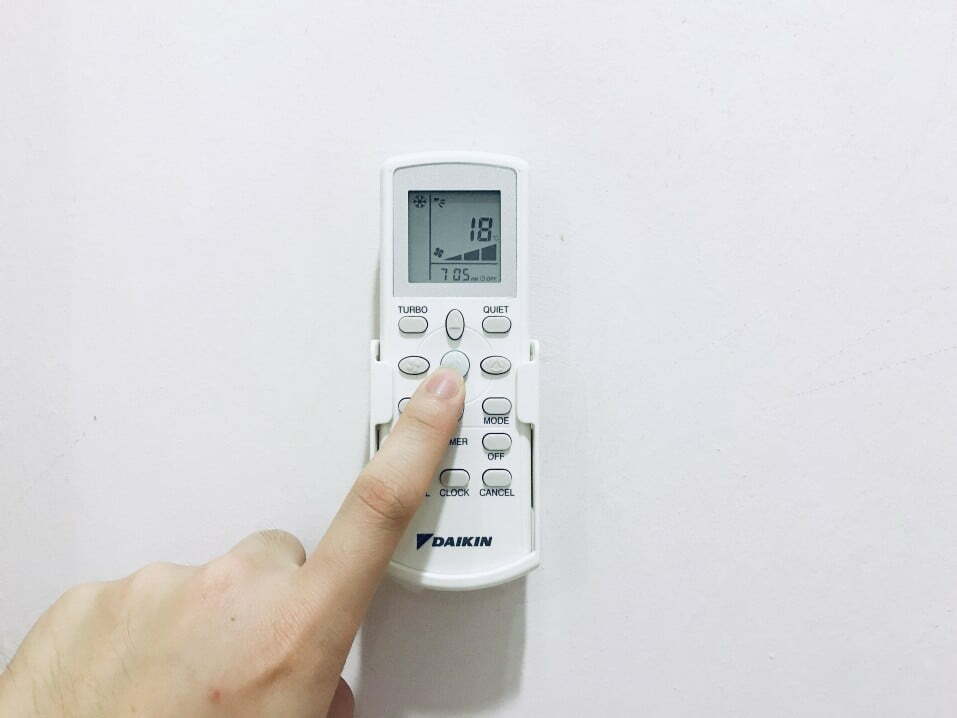
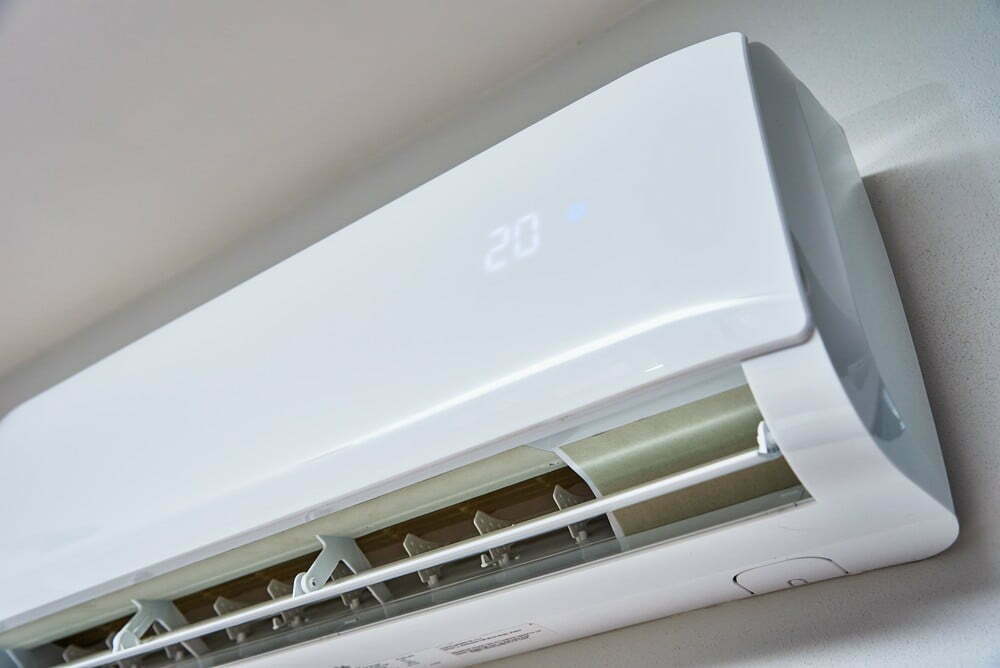



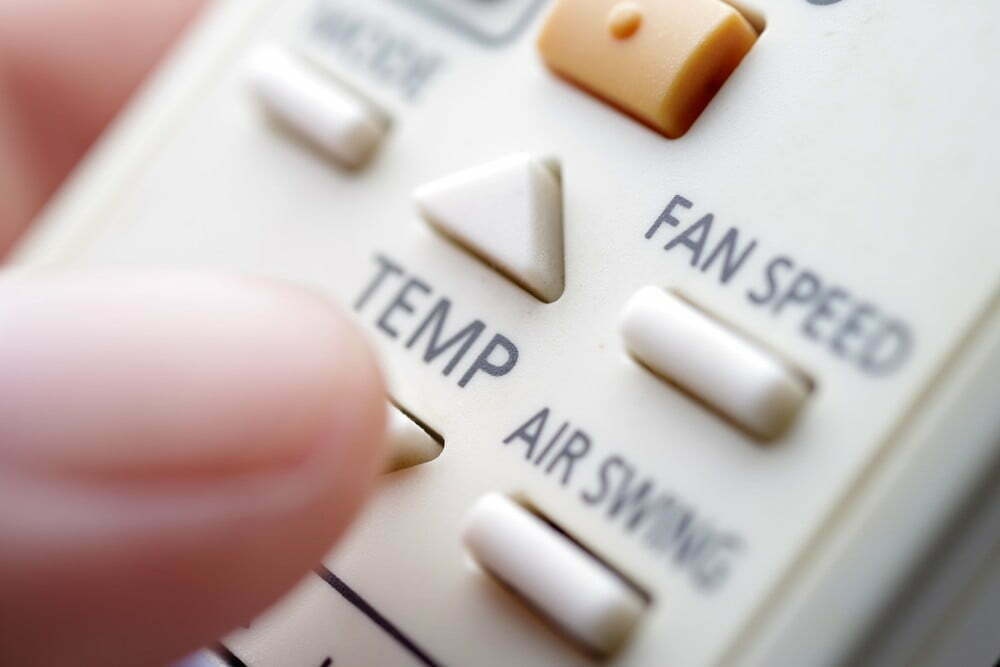
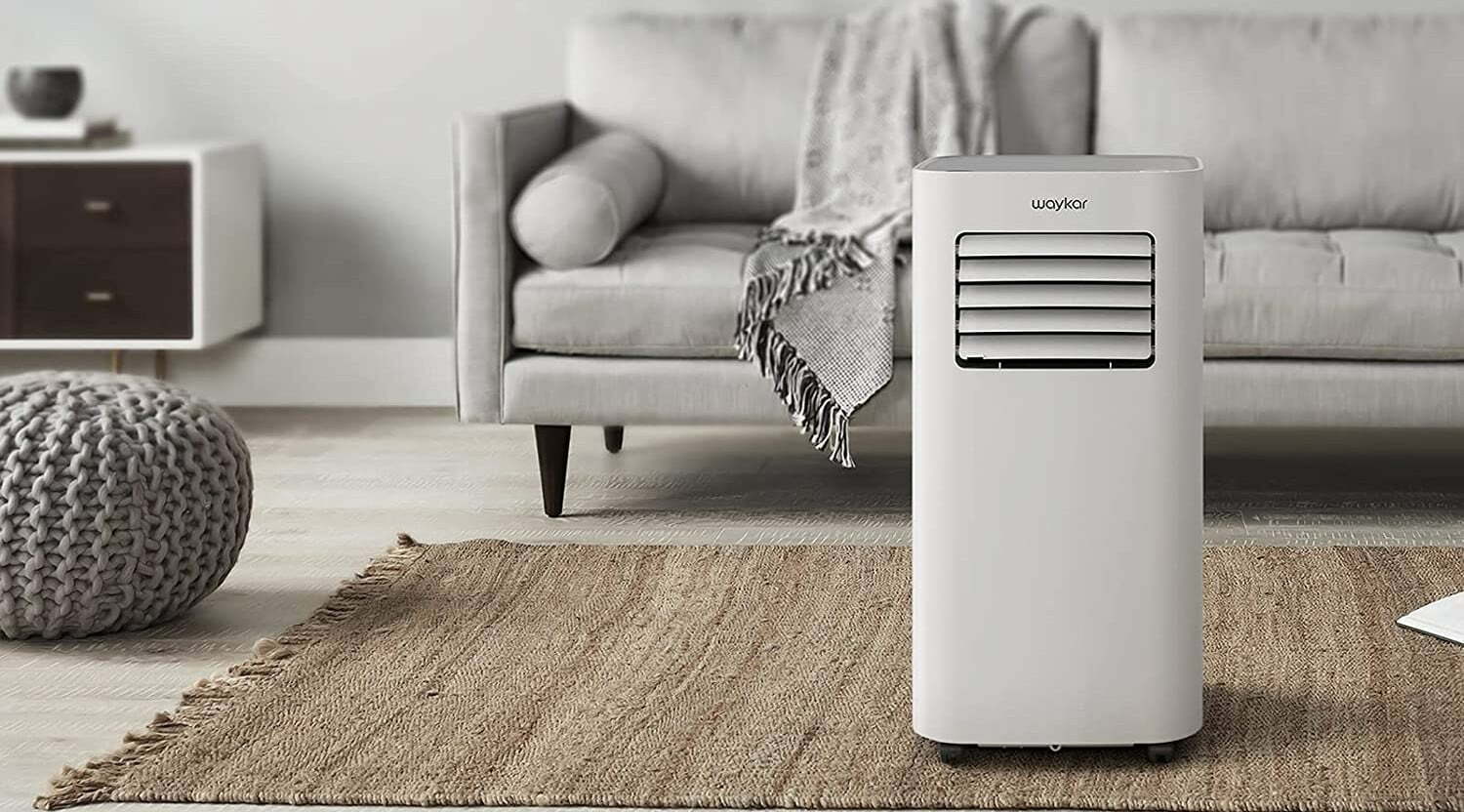
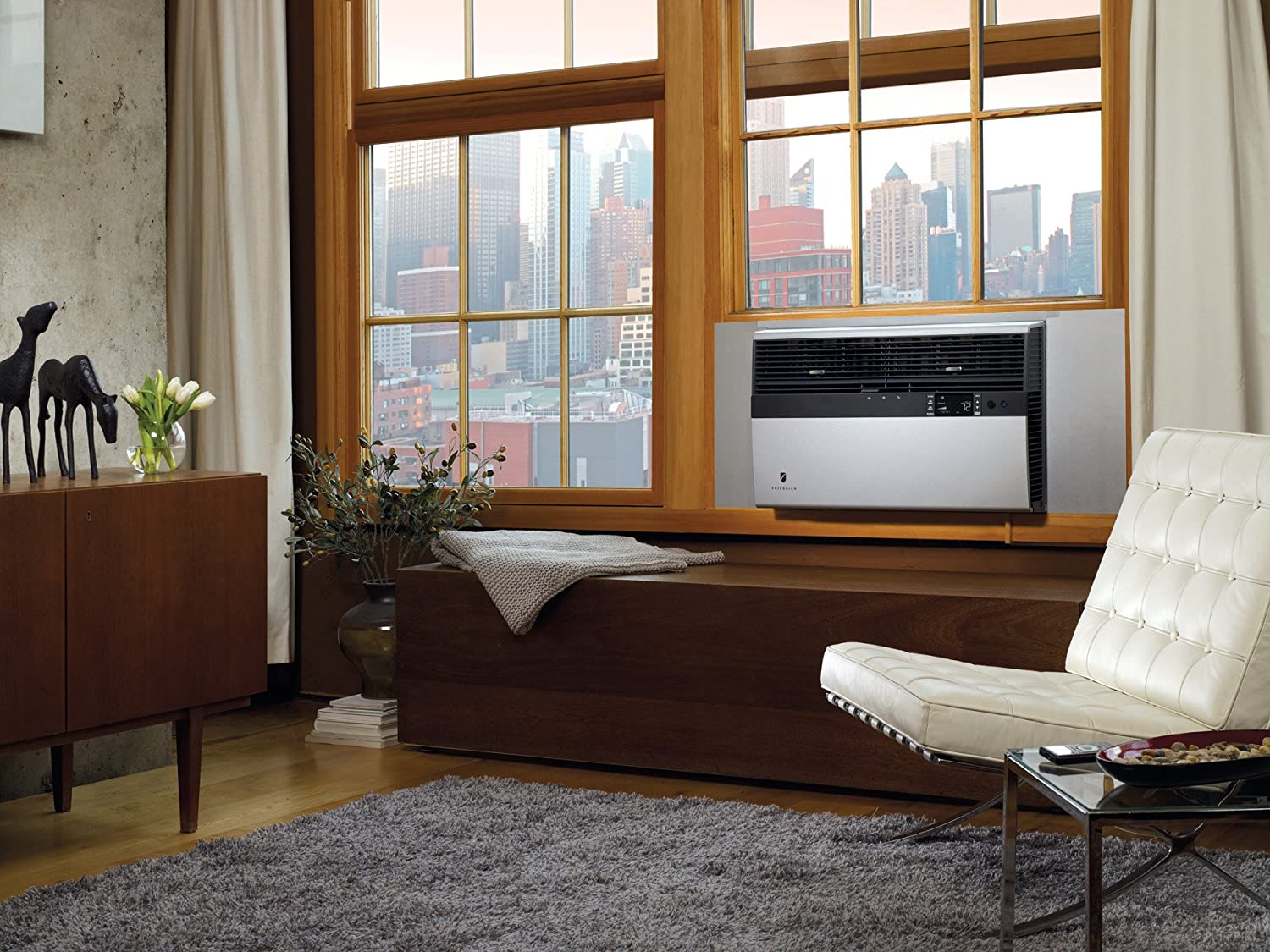

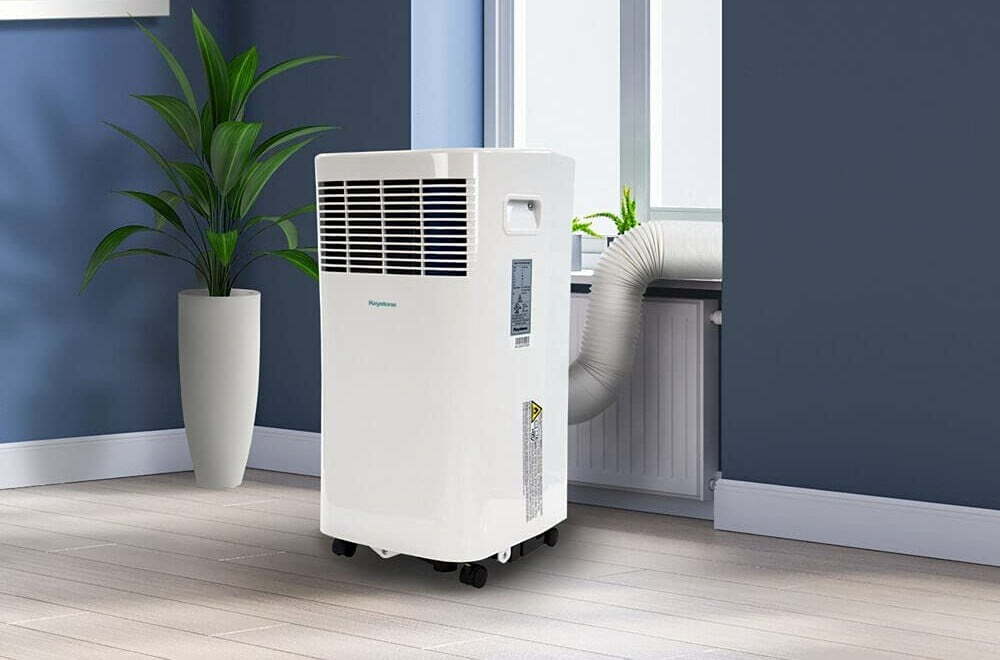
![Best Air Conditioners in [year] ([month] Reviews) 27 Best Air Conditioners in 2025 (April Reviews)](https://www.gadgetreview.dev/wp-content/uploads/best-air-conditioners-image.jpg)
![Quietest Through The Wall Air Conditioners in [year] 28 Quietest Through The Wall Air Conditioners in 2025](https://www.gadgetreview.dev/wp-content/uploads/quietest-through-the-wall-air-conditioner-image.jpg)
![Best 10000 BTU Air Conditioners in [year] 29 Best 10000 BTU Air Conditioners in 2025](https://www.gadgetreview.dev/wp-content/uploads/best-10000-btu-air-conditioner-image.jpg)
![Best 15000 BTU Air Conditioners in [year] 30 Best 15000 BTU Air Conditioners in 2025](https://www.gadgetreview.dev/wp-content/uploads/best-15000-btu-air-conditioner-image.jpg)
![Best 15000 BTU Window Air Conditioners in [year] 31 Best 15000 BTU Window Air Conditioners in 2025](https://www.gadgetreview.dev/wp-content/uploads/best-15000-btu-window-air-conditioner-image.jpg)
![Best 12000 BTU Air Conditioners in [year] 32 Best 12000 BTU Air Conditioners in 2025](https://www.gadgetreview.dev/wp-content/uploads/best-12000-btu-air-conditioner-image.jpg)
![Best Photocatalytic Oxidation Air Purifiers in [year] 33 Best Photocatalytic Oxidation Air Purifiers in 2025](https://www.gadgetreview.dev/wp-content/uploads/best-photocatalytic-oxidation-air-purifier-image.jpg)
![Best Ventless Portable Air Conditioners in [year] 34 Best Ventless Portable Air Conditioners in 2025](https://www.gadgetreview.dev/wp-content/uploads/best-ventless-portable-air-conditioner-image.jpg)
![Best Window Air Conditioners with Heat in [year] 35 Best Window Air Conditioners with Heat in 2025](https://www.gadgetreview.dev/wp-content/uploads/best-window-air-conditioner-with-heat-image.jpg)
![Best Inverter Air Conditioners in [year] 36 Best Inverter Air Conditioners in 2025](https://www.gadgetreview.dev/wp-content/uploads/best-inverter-ac-image.jpg)
![Best HEPA Air Purifiers in [year] 37 Best HEPA Air Purifiers in 2025](https://www.gadgetreview.dev/wp-content/uploads/best-hepa-air-purifier-image.jpg)
![Best Quiet Portable Air Conditioners in [year] 38 Best Quiet Portable Air Conditioners in 2025](https://www.gadgetreview.dev/wp-content/uploads/quiet-portable-air-conditioner-image.jpg)
![Best 6000 BTU Air Conditioners in [year] 39 Best 6000 BTU Air Conditioners in 2025](https://www.gadgetreview.dev/wp-content/uploads/best-6000-btu-air-conditioner-image.jpg)
![Best 8000 BTU Air Conditioners in [year] 40 Best 8000 BTU Air Conditioners in 2025](https://www.gadgetreview.dev/wp-content/uploads/best-8000-btu-air-conditioner-image.jpg)
![Best Small Window Air Conditioner in [year] 41 Best Small Window Air Conditioner in 2025](https://www.gadgetreview.dev/wp-content/uploads/best-small-window-air-conditioner-image.jpg)
![Best Quiet Window Air Conditioners in [year] 42 Best Quiet Window Air Conditioners in 2025](https://www.gadgetreview.dev/wp-content/uploads/quiet-window-air-conditioner-image.jpg)
![Best Energy Efficient Window Air Conditioners in [year] 43 Best Energy Efficient Window Air Conditioners in 2025](https://www.gadgetreview.dev/wp-content/uploads/best-energy-efficient-window-air-conditioner-image.jpg)
![Best 5000 BTU Air Conditioners in [year] 44 Best 5000 BTU Air Conditioners in 2025](https://www.gadgetreview.dev/wp-content/uploads/best-5000-btu-air-conditioner.jpg)
![10 Best Central Air Conditioners in [year] 45 10 Best Central Air Conditioners in 2025](https://www.gadgetreview.dev/wp-content/uploads/best-central-air-conditioner.jpg)
![Best Mini Split in [year] 46 Best Mini Split in 2025](https://www.gadgetreview.dev/wp-content/uploads/best-ductless-mini-split-air-conditioner-image.jpg)


